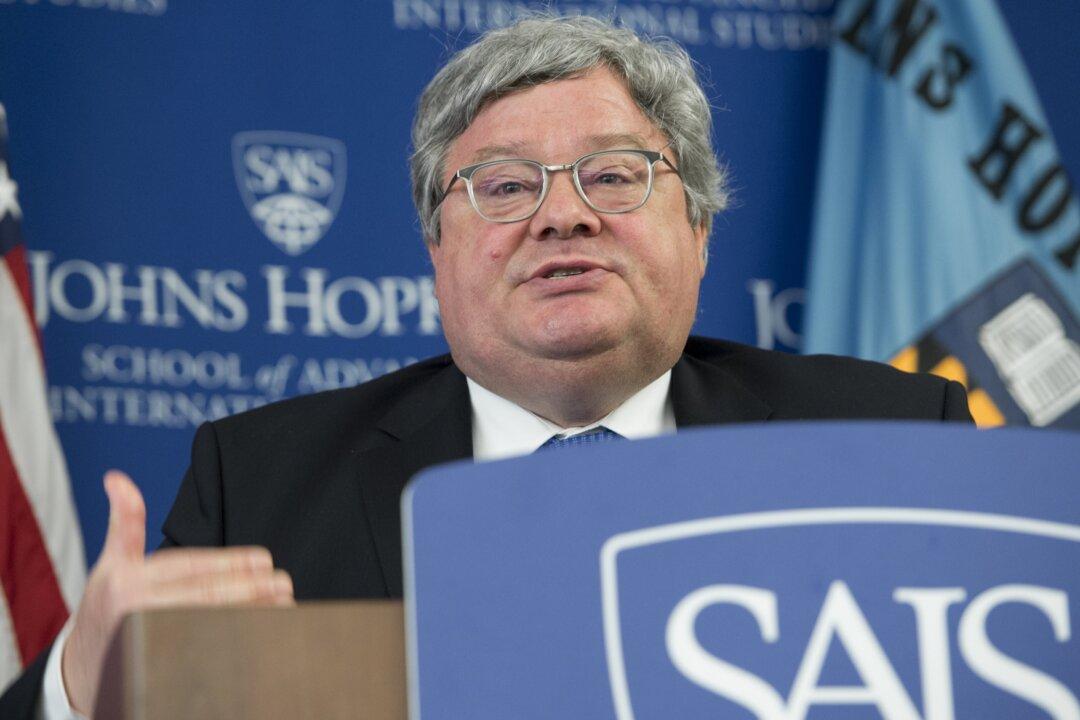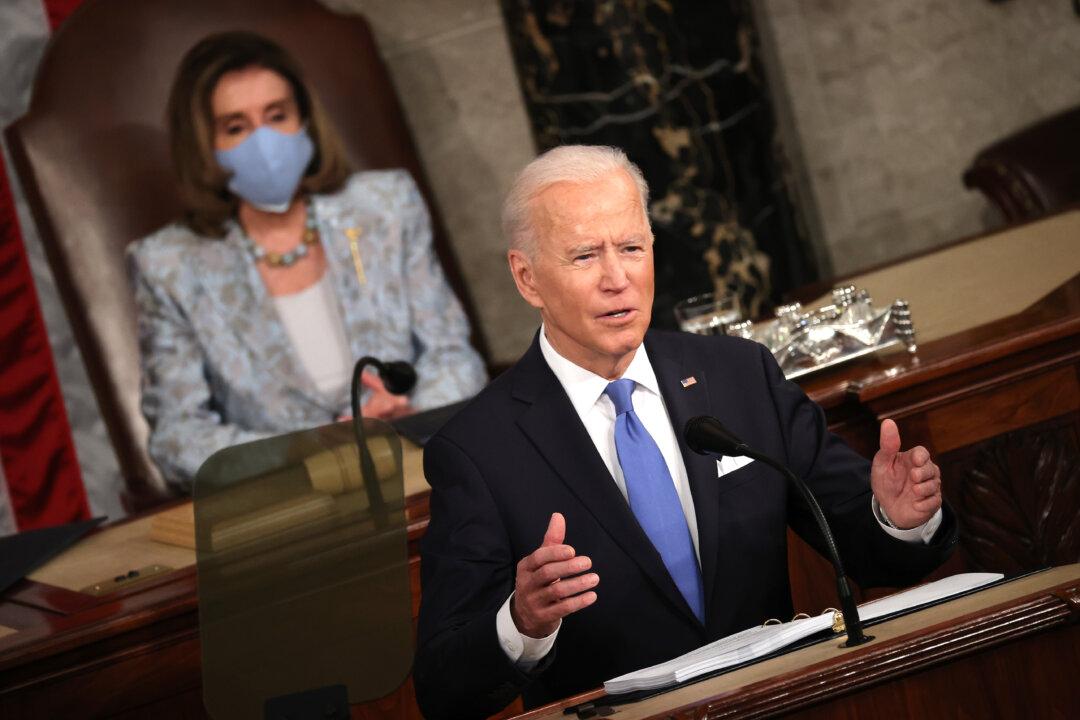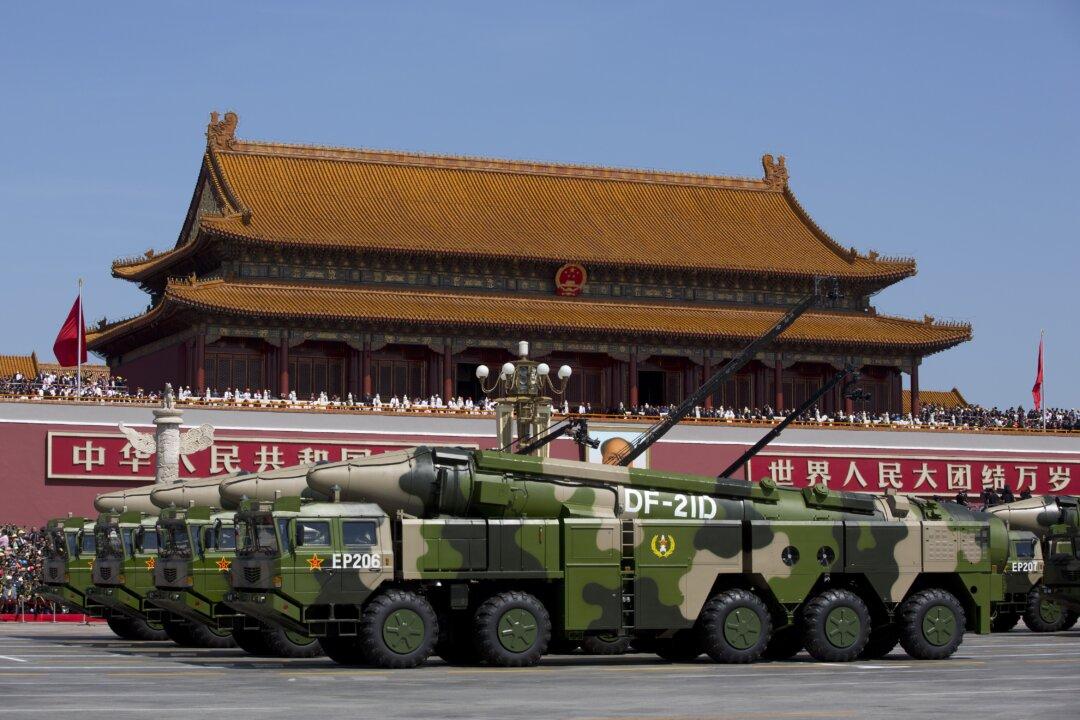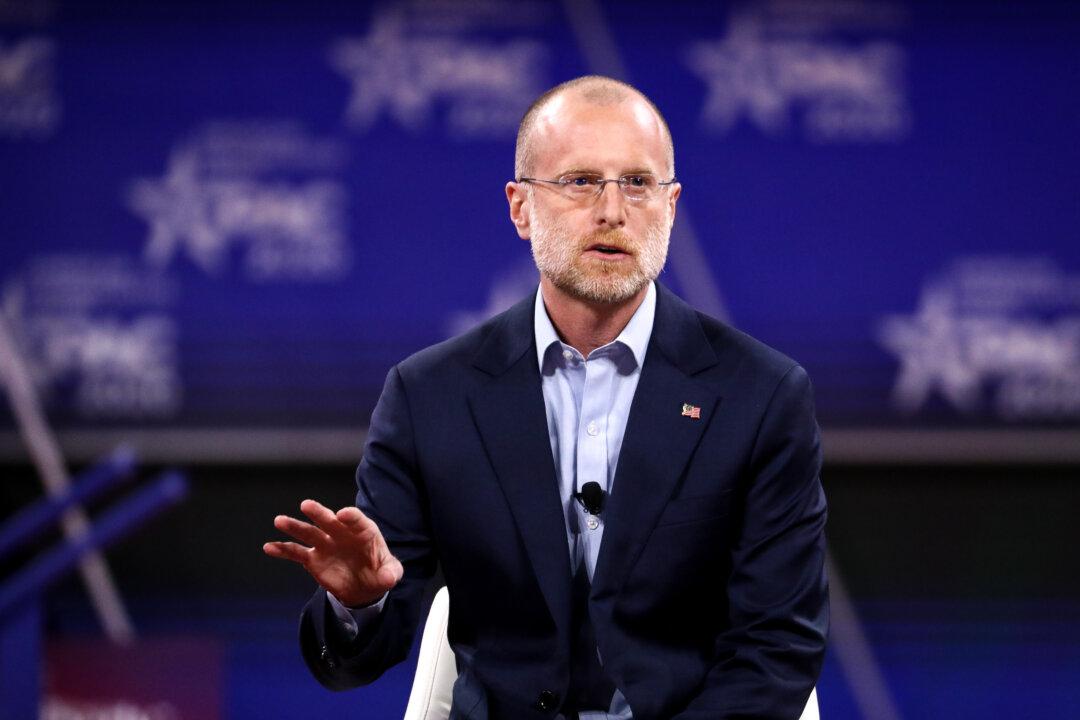The blacklisted officials and their families are prohibited from doing business with Chinese companies or traveling to China.
But the sanctions are not helping the Chinese regime, Miriam Lexmann, another member of the EU Parliament who was sanctioned, said at the same event. It is only allowing more people to see what China is capable of doing, she said.
“No one anywhere should be trampled upon their dignity, no one anywhere should be made to work against their will, in the cotton fields, no one anywhere should be sterilized because of their ethnicity,” Šakalienė said.
“They are completely disregarding the differences between the authoritarian regime and democratic countries and feel that they have become such a superpower, that they can be completely arrogant and completely disregard us.”
Šakalienė said that since both the United States and Europe are big markets, they could use this to pressure the Chinese regime.
Lexmann said that Western countries need to shift their business and cooperation from China to other democratic countries. By supporting economic cooperation among democracies, they can at least ensure that their money is not supporting human rights violations nor undermining our democracies.
She also pointed out that democratic countries need to look at the developing countries that are being exploited by Beijing.
The Chinese regime is using a massive global infrastructure investment plan called the “Belt and Road” Initiative to expand its interest in Africa, Middle East, Europe, Asia, and South America.
If the West does not do anything to counter this initiative, then the regime will be able to scoop up strategic infrastructure in these countries, creating an “enormous negative impact,” Lexmann said.
When asked the question, “how can we criticize China when we have our own problems?” Šakalienė replied that, in democracies, despite whatever human rights problems they face, they acknowledge them and try to solve them. Totalitarian regimes, however, deny their problems or try to shift the spotlight elsewhere.
Šakalienė recounted that this tactic was used by the Soviet Union against the United States during the Cold War. “[The] Soviet Union would say to [the] United States that there is racism there. So how can you talk about human rights to us?” she said.
Reinhard Bütikofer, member of the European Parliament and chair of the parliament’s Delegation for Relations with the People’s Republic of China, rejected the underlying premise of the question.
“I would not agree with the statement that says, you can only criticize a devil if you’re an angel,” Bütikofer said.
Šakalienė hoped the partnership between Europe and the United States could be further utilized to counter the Chinese regime’s aggression, such as against Taiwan.
“Seeing the growing levels of aggression, of imperialism, and of bad arrogant attitude, I am worried,” she said.




